Climate change: What is a climate emergency?
- Published
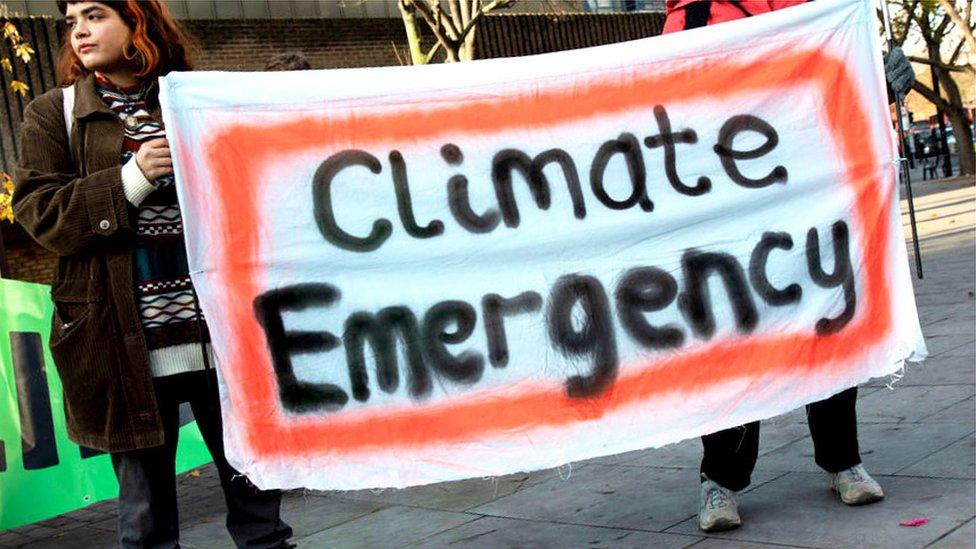
Thousands of students are expected to take part in climate change protests on Friday
A national climate emergency has been declared by the UK Parliament.
MPs are calling on the government to make changes that include setting a new target of reaching net zero emissions before 2050.
The current target is to reduce carbon emissions by 80% (compared to 1990 levels) by 2050.
In Scotland, a climate change emergency had already been declared - and targets are being set to reduce greenhouse gas emissions to net-zero by 2045.
Dozens of local areas around the UK have also said there is a climate emergency - but what does the term mean?
There's no single definition, but many areas say they want to be carbon-neutral by 2030.
Why declare an emergency?
The United Nations says we could have just 11 years left to limit a climate change catastrophe.
Bristol councillor Carla Denyer first put forward the idea of a local area declaring a climate emergency and in November the city council passed the motion.
"We are acknowledging we are in an emergency situation," she told Radio 1 Newsbeat - speaking before the UK and Scottish governments made their pledges.
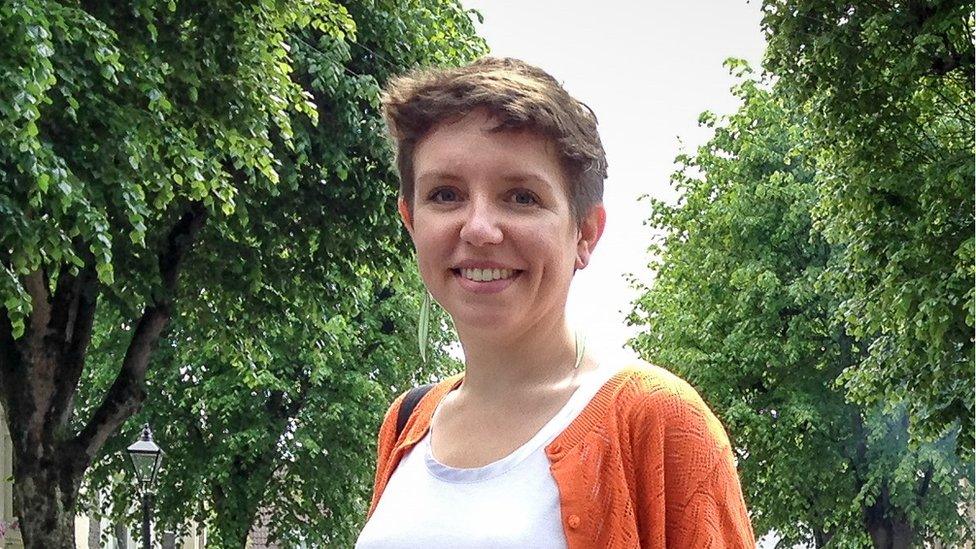
Councillor Carla Denyer was the first person to put forward the idea of declaring "a climate emergency"
She says it's not just about reducing carbon emissions on a local scale, but also raising awareness about climate change and trying to convince MPs so that changes can be made.
"The national government needs to declare an emergency and put resources in place to enable councils to help reduce carbon emissions.
"It's the first step to radical action."
Do you have a question you want to ask about the planet? Try our climate change chatbot.

If you can't see the chatbot above tap on this link, external.
Where else has declared a climate emergency?
In Scotland, First Minister Nicola Sturgeon had already declared a climate emergency at the SNP conference in April.
She said she was inspired after meeting young climate campaigners who had gone on strike from school
Dozens of local areas have copied Carla's motion and declared climate emergencies including Manchester, London, Edinburgh and Bath.
Smaller parish and town councils have also asserted their own declarations to put pressure on government.
The small market town of Machynlleth in west Wales declared a climate emergency in January.
The town is looking at things like improving the energy efficiency of buildings and creating an electric car club to help it become carbon-zero by 2030.
Bath council declares a climate emergency
What has all this got to do with recent strikes and protests?
Thousands of students from across the UK and around the world have walked out of lessons to protest about climate change.
One of their key demands, according to the UK Student Climate Network, is that they want the government to declare a climate emergency.
They also want the national curriculum reformed to include "the ecological crisis as an educational priority".
Environmental activist Greta Thunberg says climate change is "an existential crisis"
And Extinction Rebellion - the group who held recent protests in UK cities including London, Manchester and Newcastle - also wants a new legally binding target set for the UK to reduce its carbon emissions to net zero by 2025.
'Climate change needs to be a much bigger issue in everyday conversation'
Sam Appleton, 21, has put his degree on hold at Oxford University to become a climate change activist.
He's told Newsbeat he thinks the most effective thing to make governments change their policies is activism.
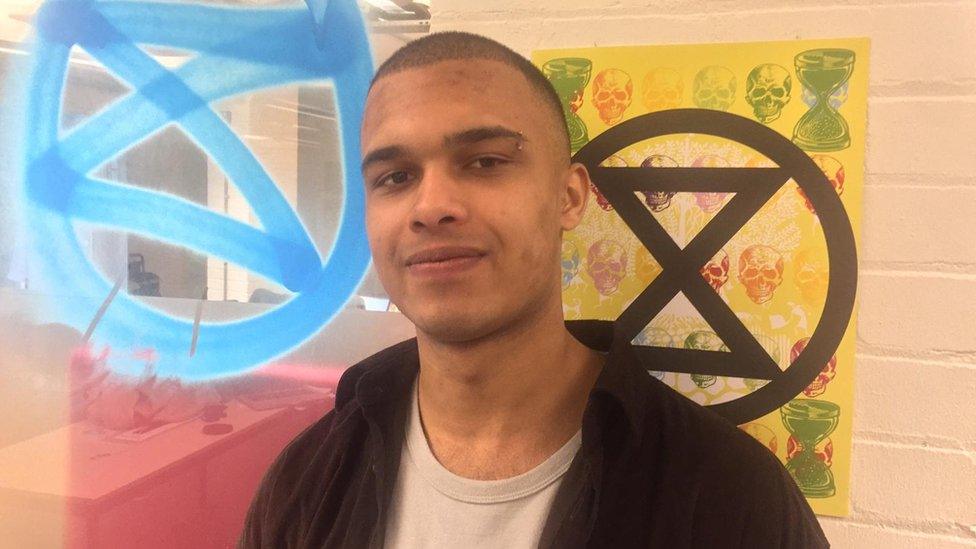
Activist Sam Appleton says climate change is the only thing MPs should be talking about
"I've come to the conclusion that this has to work this year if we are to avoid any future crises - we've only got 12 years.
"In my eyes, climate change should be treated like there's a war going on and it should be the only thing people and MPs are talking about, not Brexit."
He says although small lifestyle changes like swapping car journeys for cycling are important - changes in policy are more important.
What does the government say?
In the Spring Statement, the Chancellor announced gas heating for new houses will be banned by 2025, as part of plans to address the concerns of those protesting about climate change.
While that move was welcomed by environmental campaigners, many said the government hadn't gone far enough.
Allow X content?
This article contains content provided by X. We ask for your permission before anything is loaded, as they may be using cookies and other technologies. You may want to read X’s cookie policy, external and privacy policy, external before accepting. To view this content choose ‘accept and continue’.
In a statement to Newsbeat in March, the government's Department for Business, Energy and Industrial Strategy (BEIS) said: "Climate change is one of the most urgent and pressing challenges we face today, and the UK is a world leader in tackling this problem.


"We were the first country to introduce long-term legally binding climate targets under the trailblazing Climate Change Act, which has helped the country cut greenhouse gas emissions by over 40% since 1990 and encouraged other nations to follow our lead.
"We want to continue to lead the world, which is why we've asked our independent climate experts for advice on a net zero emissions target."


Follow Newsbeat on Instagram, external, Facebook, external, Twitter, external and YouTube, external.
Listen to Newsbeat live at 12:45 and 17:45 weekdays - or listen back here.
- Published9 August 2021

- Published25 April 2019
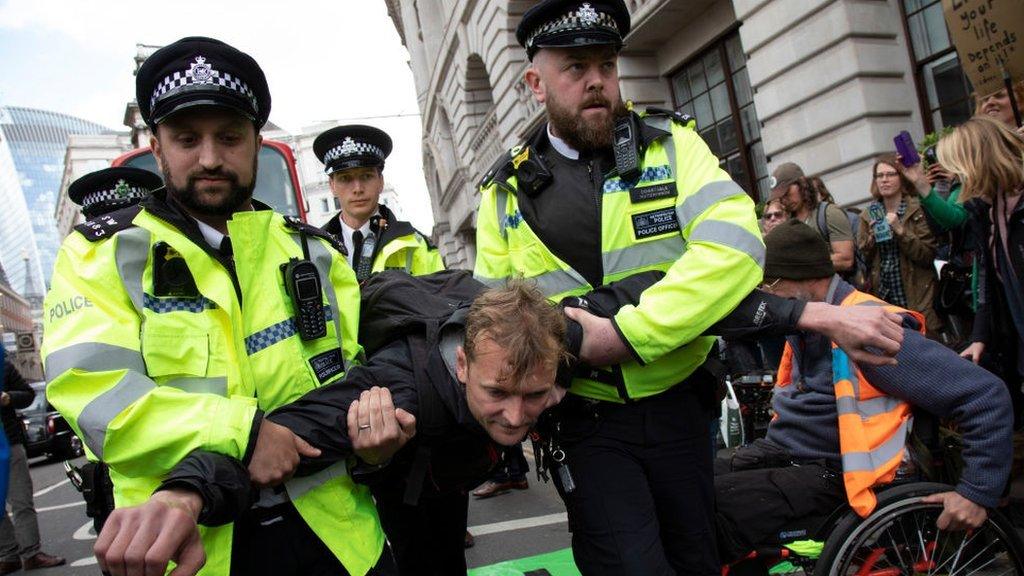
- Published8 October 2018
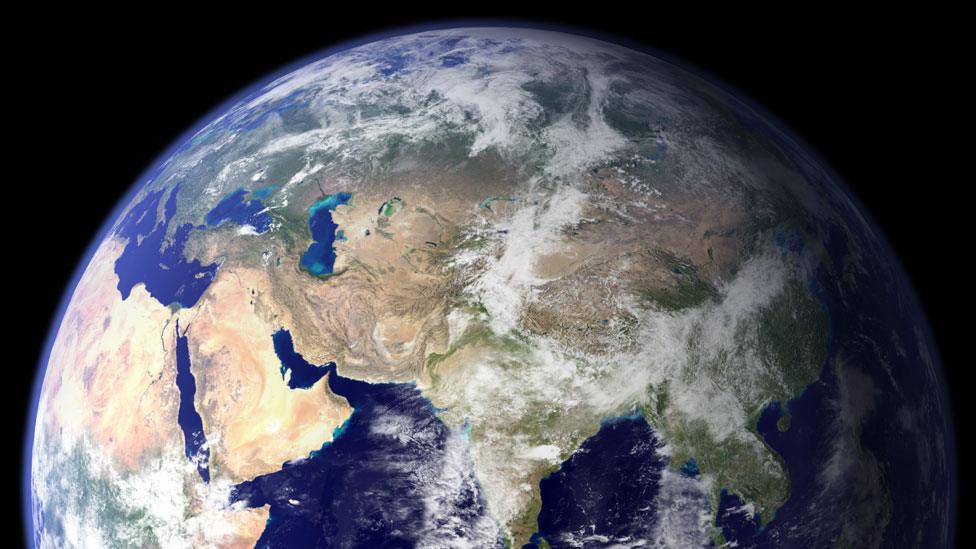
- Published14 March 2019
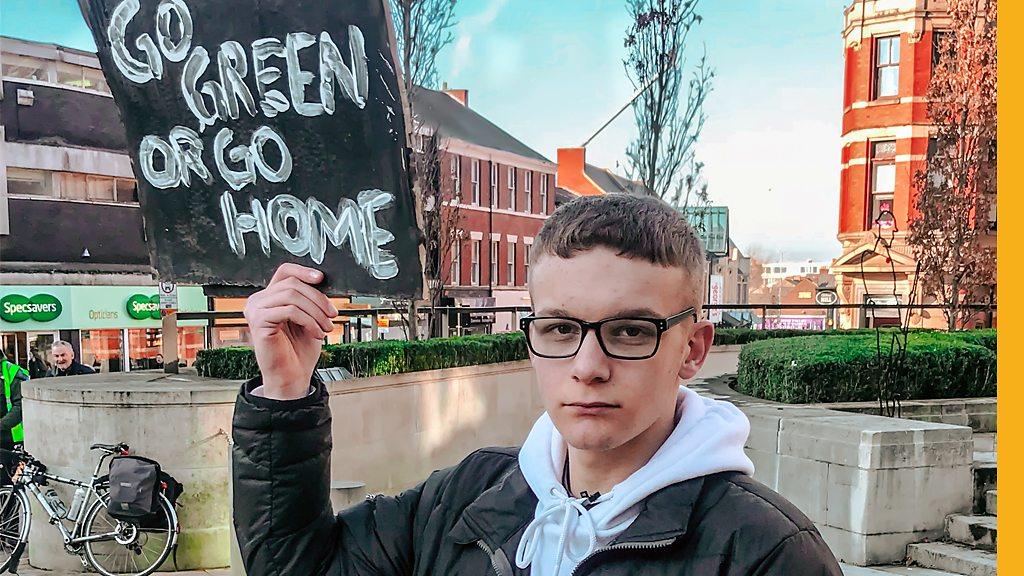
- Published15 March 2019
